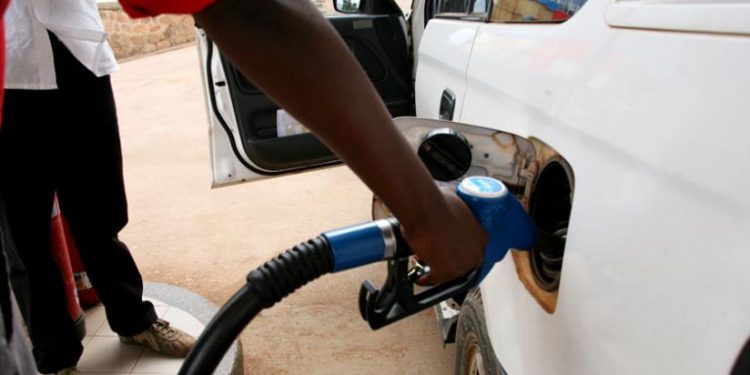The Bungoma High Court yesterday granted temporary orders halting the 16 per cent VAT on petroleum products amid assurances from Treasury’s Cabinet Secretary Henry Rotich that the crisis will be addressed.
The petition to stop the tax was filed by a Kisumu lobby group on 3 September under a certificate of urgency. The lobby group was represented by Advocate Ken Amondi who argued that CS Rotich has disregarded constitutional principles and values through the implementation of the tax which has caused a nationwide crisis.
Justice Stephen Riechi ruled that the case will be mentioned on 12 September 2018 at the Kisumu High Court.
“I can confirm that we have been granted the orders to stop the fuel levy. We will serve the CS Treasury and the Energy Regulatory Commission (ERC) for implementation,” Amondi told the Nation.
Possible Relief for Kenyans
The High Court ruling further supports Parliament’s decision to postpone the implementation of the fuel tax. This ruling could see Kenyans finally breathe a sigh of relief after a week-long crisis of high fares and fuel shortages.
Yesterday, CS Rotich said he is confident that a solution to solve the matter will be found. “We have started consultations today and in due course, we shall be updating members of the public on the progress but eventually a solution will be found,” he assured.
Tax Background
The fuel tax was first applied to petrol, jet fuel, kerosene, and diesel under the VAT Act of 2013, with a three-year grace period. The tax should have been implemented in 2016 but was postponed to September this year. The National Assembly approved a proposal from MP Junet Mohammed to postpone the implementation of the tax for another two years.
The fuel charges are contained in the Finance Act of 2013 and are in accordance with a promise to the IMF to cut down tax exemptions in order to increase revenues, decrease budget deficits, and reduce the country’s debt levels.




